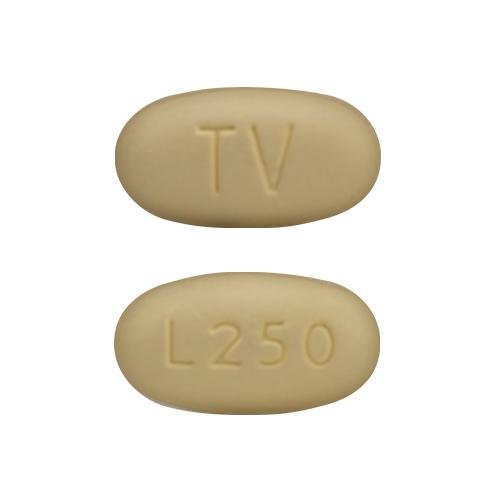Lapatinib Interactions
There are 644 drugs known to interact with lapatinib, along with 9 disease interactions, and 2 alcohol/food interactions. Of the total drug interactions, 124 are major, 504 are moderate, and 16 are minor.
- View all 644 medications that may interact with lapatinib
- View lapatinib alcohol/food interactions (2)
- View lapatinib disease interactions (9)
Most frequently checked interactions
View interaction reports for lapatinib and the medicines listed below.
- Abraxane (paclitaxel protein-bound)
- Acetylsalicylic Acid (aspirin)
- Activated Charcoal (charcoal)
- Adrenalin (epinephrine)
- Adriamycin (doxorubicin)
- Albumin-ZLB (albumin human)
- Alka-Seltzer Original (aspirin/citric acid/sodium bicarbonate)
- Aloxi (palonosetron)
- Alupent (metaproterenol)
- AndroGel (testosterone)
- Arimidex (anastrozole)
- ASA-Free (trolamine salicylate topical)
- Ativan (lorazepam)
- Avastin (bevacizumab)
- Eligard (leuprolide)
- Herceptin (trastuzumab)
- L-Arginine (arginine)
- L-Carnitine (levocarnitine)
- L-Cysteine (cysteine)
- Lithium Carbonate ER (lithium)
- Metoprolol Succinate ER (metoprolol)
- Paracetamol (acetaminophen)
- Quercetin (bioflavonoids)
- Valproate Sodium (valproic acid)
- Vitamin B1 (thiamine)
- Vitamin B12 (cyanocobalamin)
- Vitamin B6 (pyridoxine)
- Vitamin D3 (cholecalciferol)
- Vitamin K (phytonadione)
- Vitamin K2 (menaquinone)
Lapatinib alcohol/food interactions
There are 2 alcohol/food interactions with lapatinib.
Lapatinib disease interactions
There are 9 disease interactions with lapatinib which include:
- cardiomyopathy
- dermatologic toxicities
- pulmonary toxicity
- QT prolongation
- pulmonary toxicity
- liver dysfunction
- CHF
- thrombocytopenia
- renal impairment
More about lapatinib
- lapatinib consumer information
- Compare alternatives
- Pricing & coupons
- Drug images
- Side effects
- Dosage information
- During pregnancy
- Drug class: EGFR inhibitors
- Breastfeeding
- En español
Related treatment guides
Drug Interaction Classification
| Highly clinically significant. Avoid combinations; the risk of the interaction outweighs the benefit. | |
| Moderately clinically significant. Usually avoid combinations; use it only under special circumstances. | |
| Minimally clinically significant. Minimize risk; assess risk and consider an alternative drug, take steps to circumvent the interaction risk and/or institute a monitoring plan. | |
| No interaction information available. |
See also:
Further information
Always consult your healthcare provider to ensure the information displayed on this page applies to your personal circumstances.


